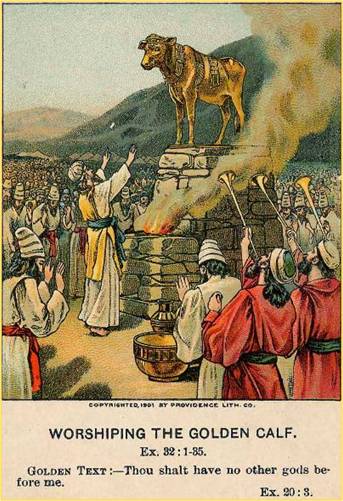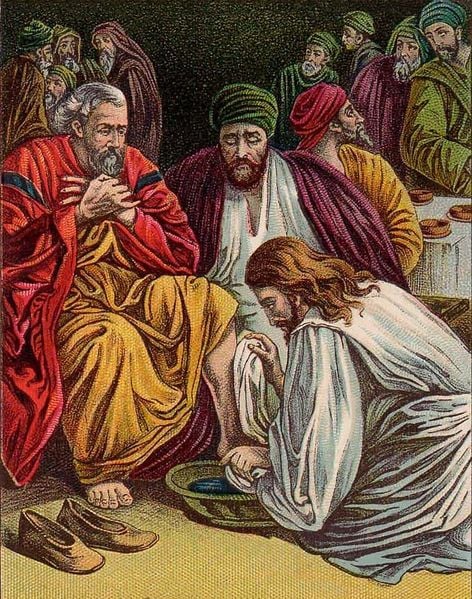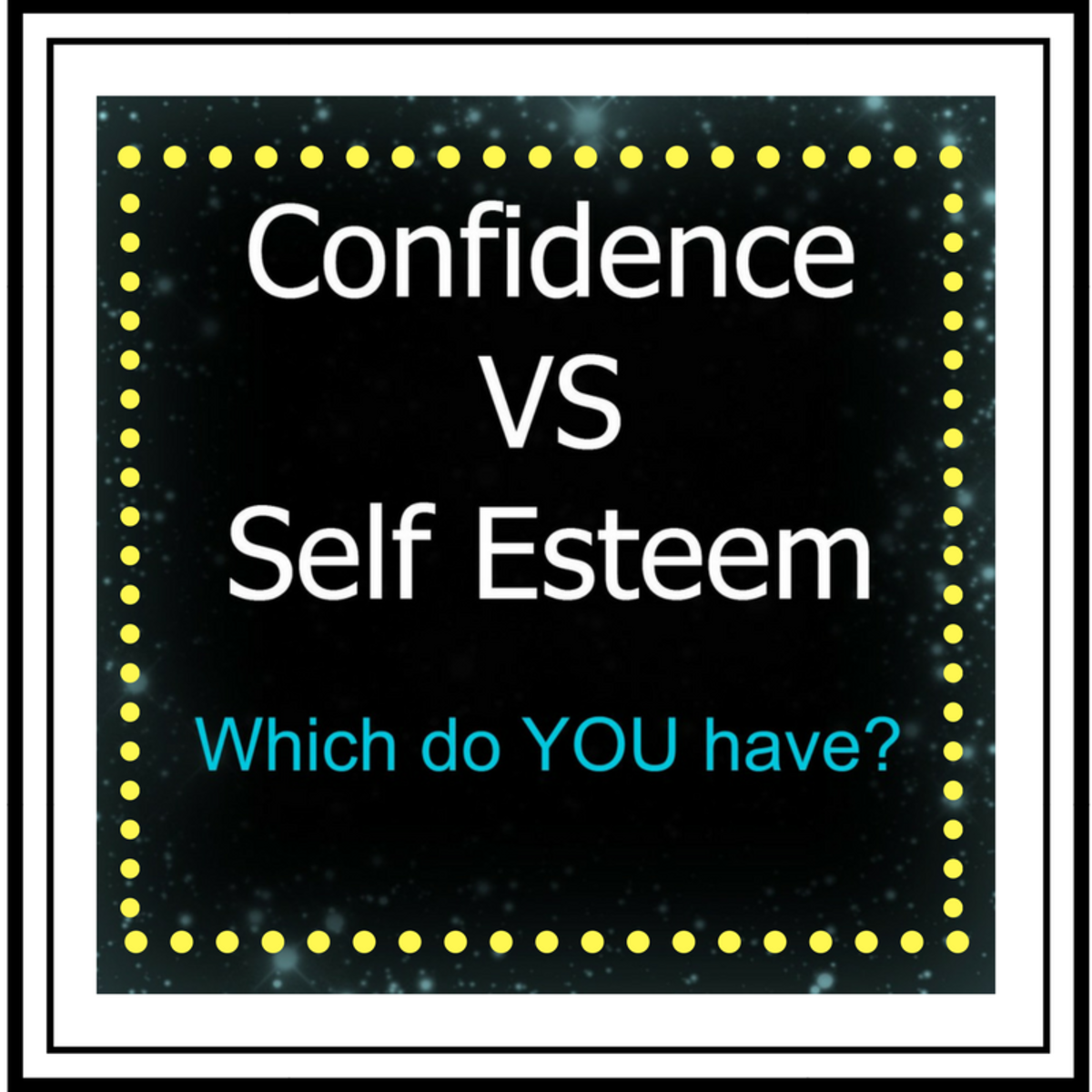My Favourite Idol Is Me!

Idols are not only mythical bronze gods in the form of statues. Idols are those things in which we place our strongest beliefs. In today’s culture we learn to rely on ourselves: our own strengths, our own gifts, our own mind, and our ability to reason logically. We learn to rely on our wealth, our power, the force of our own personality. And we are lead to identifying ourselves with our work, our bank book, our family. We may even establish idols in what we crave.
On What We Base our Decisions Tells Us What or Who We “Worship”

Worshipping the 'Golden Calf'
When we idolize our own individual feelings and we make major decisions based on how we feel rather than on what God says—we in essence create our own “god”, a god of ourselves.
In Exodus 32:1-35 It says the Israelites got up early to sacrifice burnt offerings. They took all their gold and silver and cast a “Golden Calf.” They worshipped this idol with feasting and much revelry. They could not wait any longer for Moses to come down from the mountain where he was receiving and writing the 10 commandments on stone. They had to have something to worship and believe in (other than the God that Moses had shown them) so they built their own god, and worshipped it.
The Israelites made their decision to build their own idol because they were impatient with the time God took to send Moses back down the mountain to them.
The people believed that their own feelings and their own decisions based on those feelings were more valid than God’s timing.
This is the ‘sin’ of presumptuous pride. The Israelites had it, many other folks in the bible had it, and most of us today have it.
Our favourite idol is ourselves
Spiritual blindness, a result of Pride, is where we create strong illusions of who we are and the value of what we do for family, for work, for community, and for our church. We think that we are a good person, a strong believer, an example others should follow.
PRIDE—Thinking that I am more important, more capable than others
Pride is often an arrogant assumption of superiority or worth compared to others. In a dictionary ‘pride’ is also defined as self-esteem. And many people say it is important to have a healthy sense of self-esteem. But when I look up ‘esteem’ in the dictionary I see: to have great respect or high regard for. So it appears that self-esteem means great ‘respect’ or ‘high regard’ for oneself. Conceit is defined as, an exaggerated opinion of oneself.
Although we may understand the distinction between pride, self-esteem, and conceit, when it comes to making decisions we frequently base decisions on how we feel about ourselves, and we usually think of ourselves more highly than others do. In other words, we have more respect for our own opinions than others do.
Selfish ambition is a form of Pride. When a person has a dream or aspiration (and there is nothing wrong in this unless it is selfish) and works towards the achievement of this objective to the exclusion of everything else including his health, his family, his work, he turns a praise-worthy ambition into a worthless pursuit for vainglory.
A challenge to our Pride drives us to polish up our appearance of excellence, how intelligent we are, how much money we earn, how many accolades we have received. It can drive us to more and bigger items of consumption to ‘prove’ we are what we picture ourselves to be. Competitiveness, the need to win, the need to beat others, rather than enjoying playing the game, is a strong sign of Pride. And when we read something about pride in people we often think of how the article refers to our neighbor or a co-worker.
If we see a lot of pride in another person you can be sure we suffer from pride ourselves.
When a person has pride in who they are and what they do, and people do not respond to their image of themselves as being superior, they can often feel undervalued and not respected by others. This may lead to frustration, self-pity, rebellion, isolation, and depression. In other words, “I’m going to take my (superior) toys and go home! Then you will miss me!”

VANITY (a form of Pride) is Excessive Love of Self
Self-conceit is the greatest enemy of reverence of the Lord. Dante's definition of Vanity was "love of self perverted to hatred and contempt for one's neighbour". The problem with Vanity is a tendency for us to deny its effects on others. Both Vanity and narcissism imply a more self absorbed feeling of Pride, with little substance to back it up.
Charm and beauty may not be what they seem to be. Charm may be nothing more than something learned and practiced (not necessarily a natural quality of a person.) Beauty may be only skin deep; it may be nothing more than a regular routine in the facial art of beauty for the times. The problem with vain beauty and charm is that they are transitory. Our perception of beauty changes from culture to culture, generation to generation, and certainly as we age. Vanity can lead to other ‘bad habits’ such as, greed, envy and gluttony.


We Overcome Our Pride by Committing Ourselves to Humility
Why do we think that others require our intervention to help them see better. We can not see clearly in all circumstances and in all things. We have our biases and beliefs that might not agree with those of others. If we think of ourselves as being more enlightened or logical than others, we may find it easy to point out their ignorance, their unfounded beliefs, and their misunderstandings without considering our own biases – or even accepting that we may have prejudices ourselves.
Matthew 7:3-5
“Why do you look at the speck of sawdust in your brother’s eye and pay no attention to the plank in your own eye? How can you say to your brother, ‘Let me take the speck out of your eye,’ when all the time there is a plank in your own eye? You hypocrite, first take the plank out of your own eye, and then you will see clearly to remove the speck from your brother’s eye.”
Being humble does not mean underrating ourselves or minimizing the value of our work, it does mean being unpretentious and not flaunting such an ostentatious show of importance, wealth, or knowledge. When we are a little more down-to-earth and natural about ourselves, our accomplishments and good fortune, it allows the positive aspects and characteristics of others to shine and importantly, provides a better foundation for effective communications.
Philippians 2:3-4
"Do nothing out of selfish ambition or vain conceit, but in humility consider others better than yourselves. Each of you should look not only to your own interests, but also to the interests of others."
When we feel a little humbleness and appreciation for our accomplishments and worldly success, we are able to better steward our assets and feel more generosity towards others. If, as a result of how capable we are in life, we acquire a more than adequate amount of money, we have a perfect opportunity to use a portion of this fortune to help others.
All pride is a waste because our view of ourselves matters not at all in the end, (see Finding Purpose - Facing Trials ) when our lives are revealed for all to see. All pretense, all show, all vain posturing is gone, and there is none but the self remaining, naked before its Maker. Far better to live in truth, simply and without spin or image. This is humility, prized by many but understood by few. Copyright 2000 www.whitestonejournal.com
A Servant Leader

The Servant Leader
When Christ strips off his outer garments (the symbols of his position as a Master) in front of his disciples and prepares to wash their feet, his disciples are scandalized! Although he is showing them why he came to earth and what they must be willing to do to be true disciples of his, they can not yet understand what true humility means or what it demands of them.
Peter is unable to accept Jesus as a servant and refuses to allow him to wash his feet. Jesus assures Peter that if he can not wash his feet then he does not belong to him. Peter, in his love for Jesus and his enthusiasm for learning, responds, “then wash my whole body!”
A Servant Leader is a person who can act with clear vision and firmness of purpose while shepherding people and resources with humble care and wise discernment.
This is what Christ is showing us here. Washing the feet symbolizes the need for cleansing of all sin to be a part of God’s kingdom. The Master humbling himself to this degree shows how all of us must not think anything is ‘below’ us when serving our brothers and sisters.
Matthew 20:26-27
. . Whoever wants to be a leader among you must be your servant,
and whoever wants to be first among you must become your slave.








